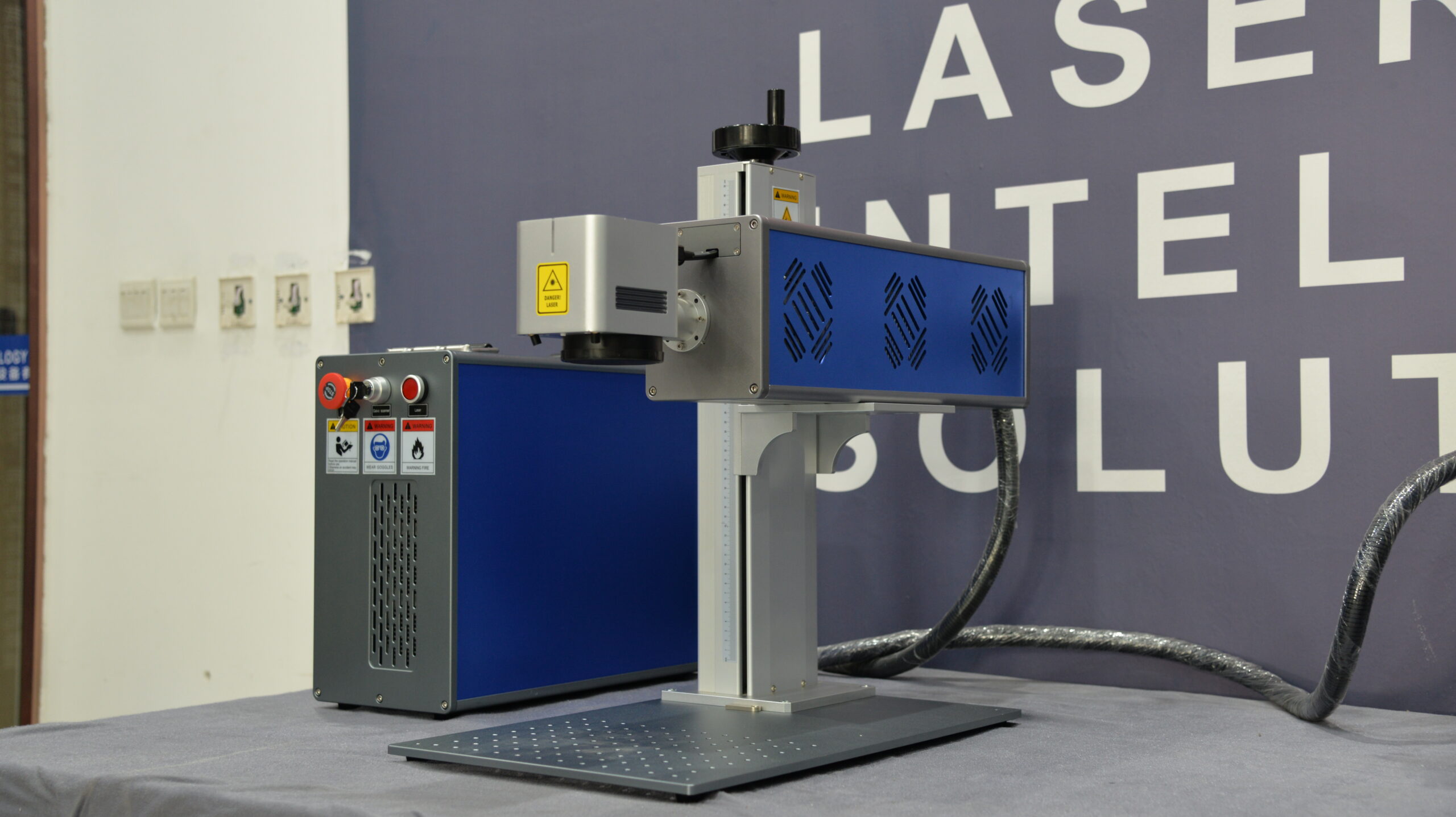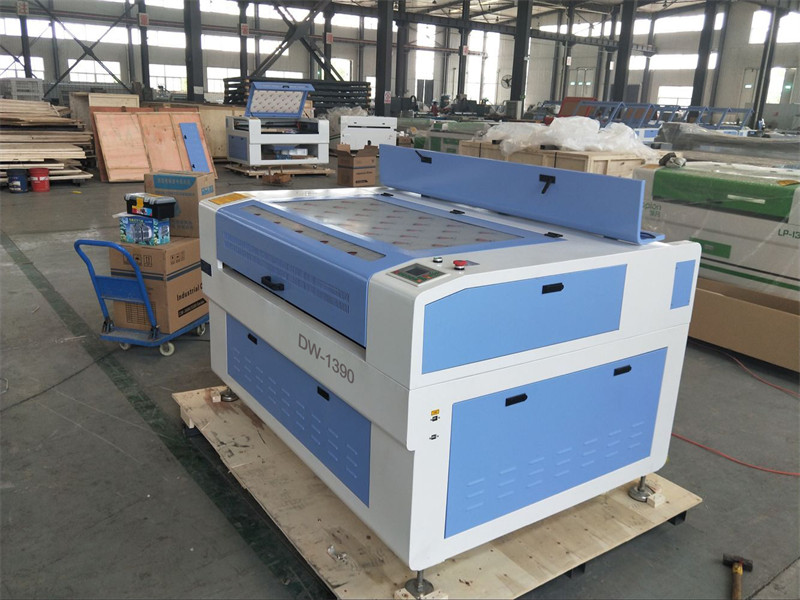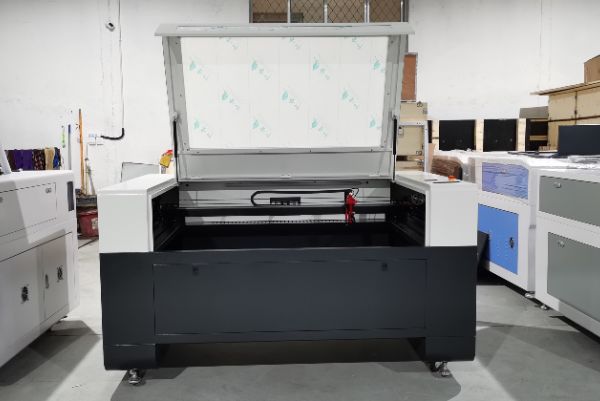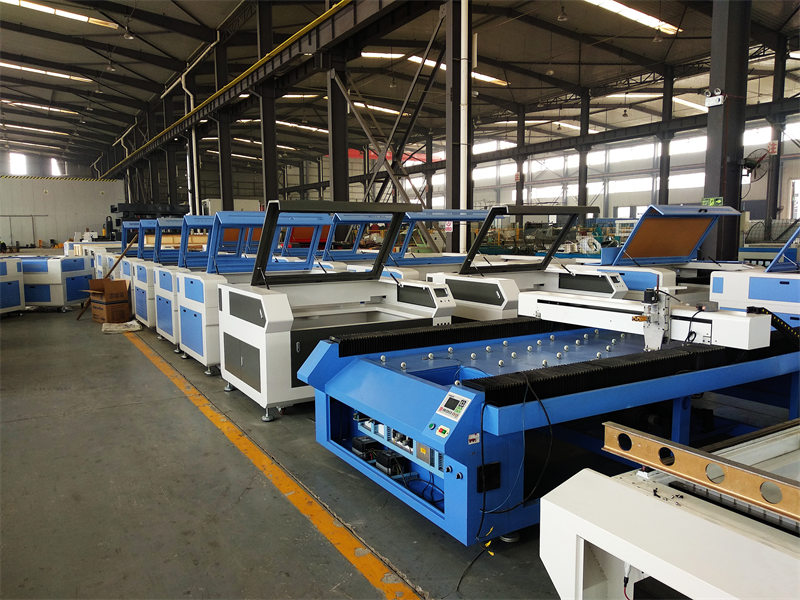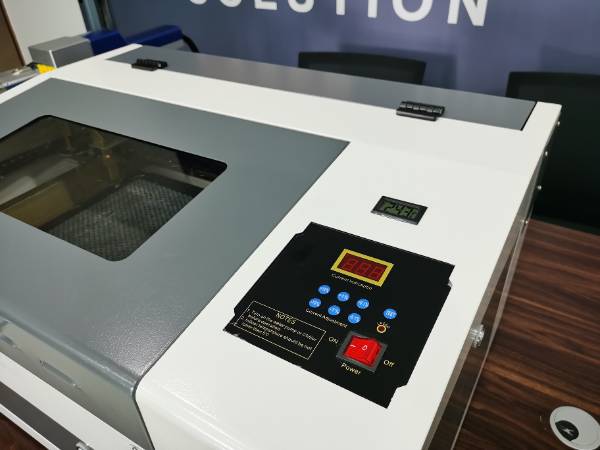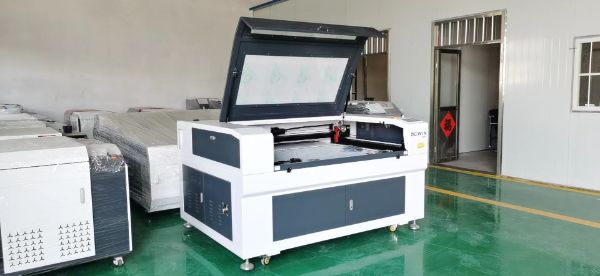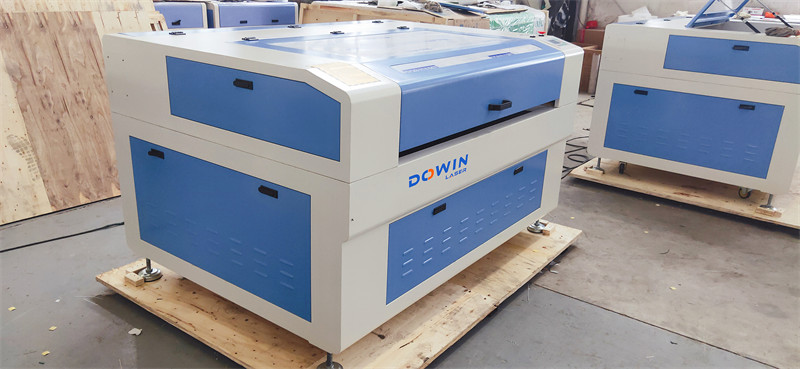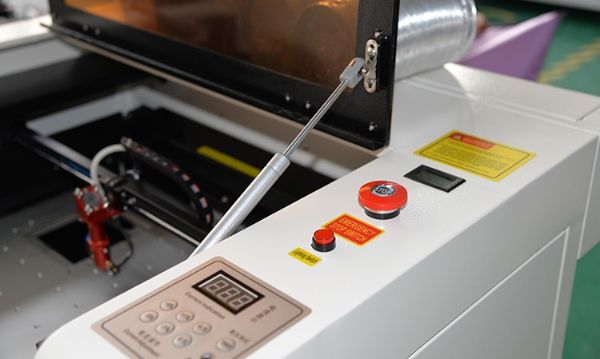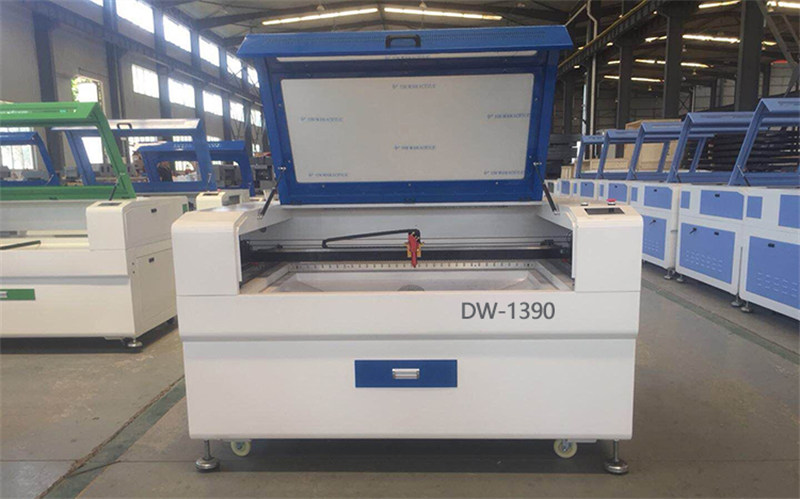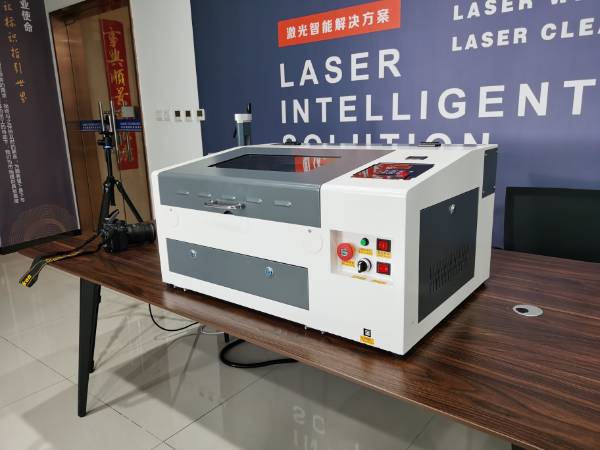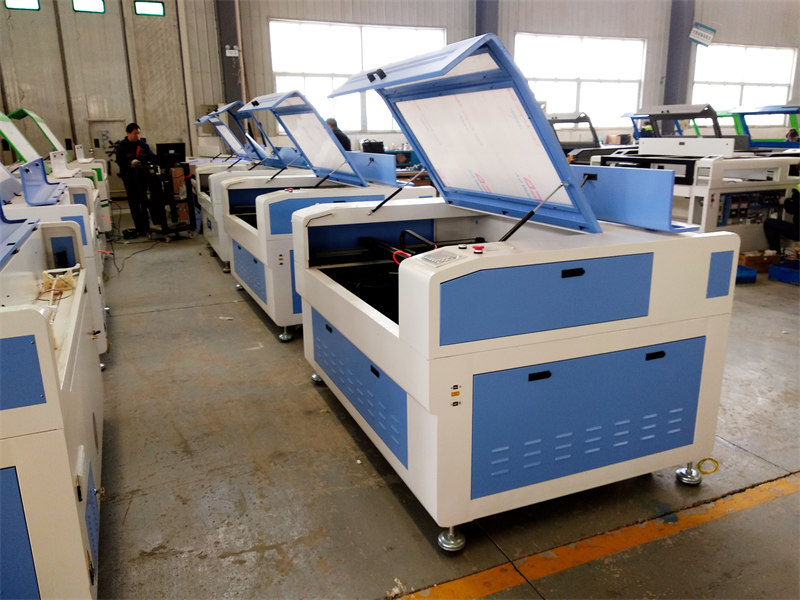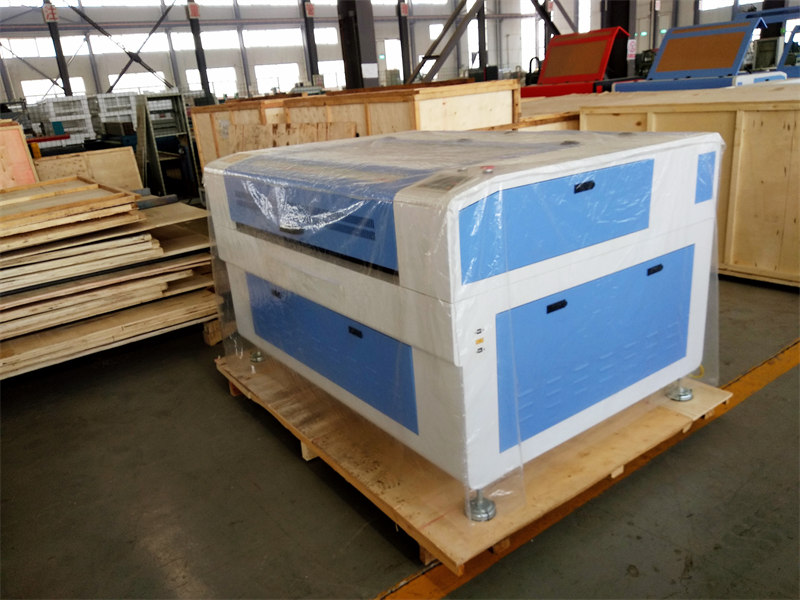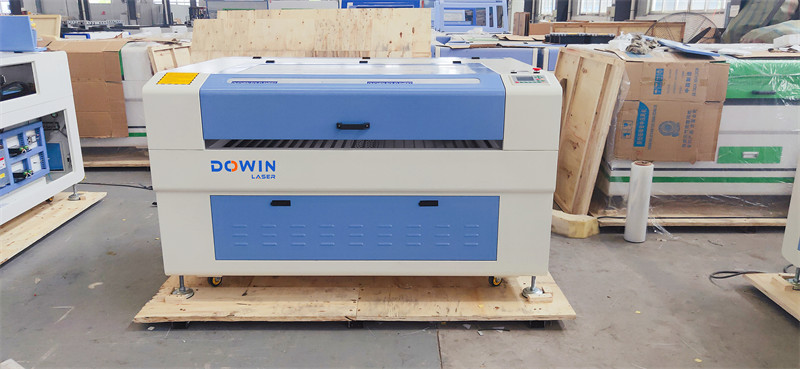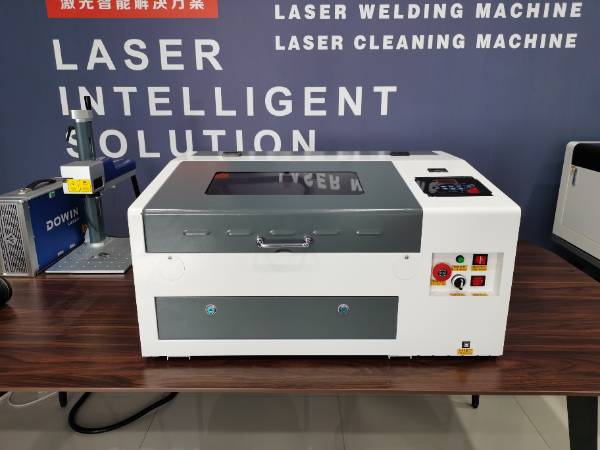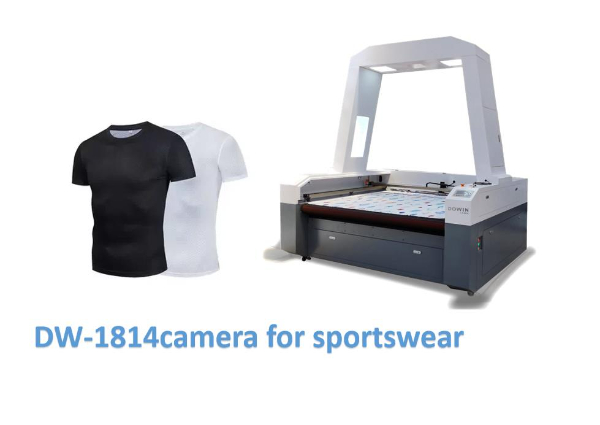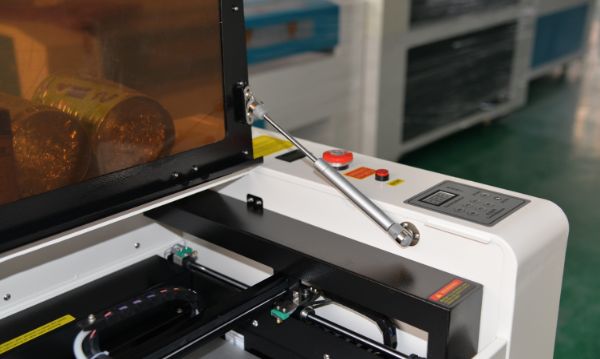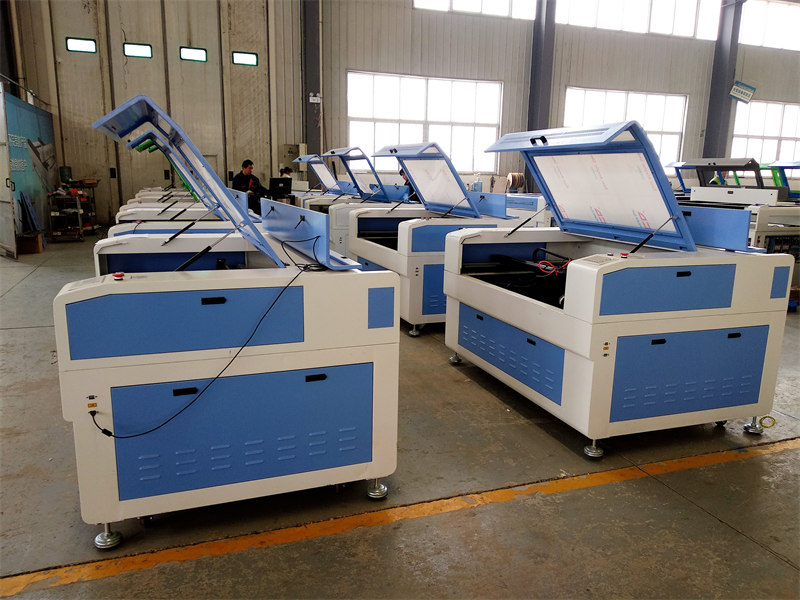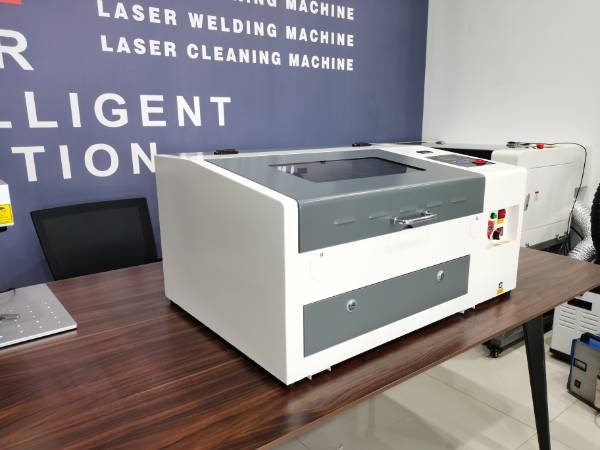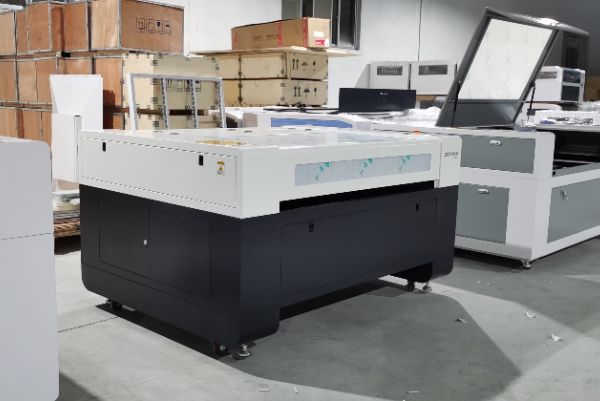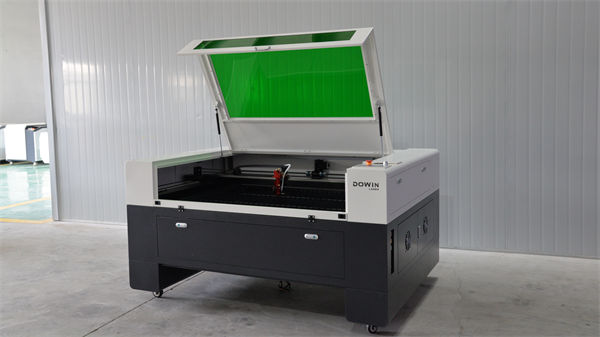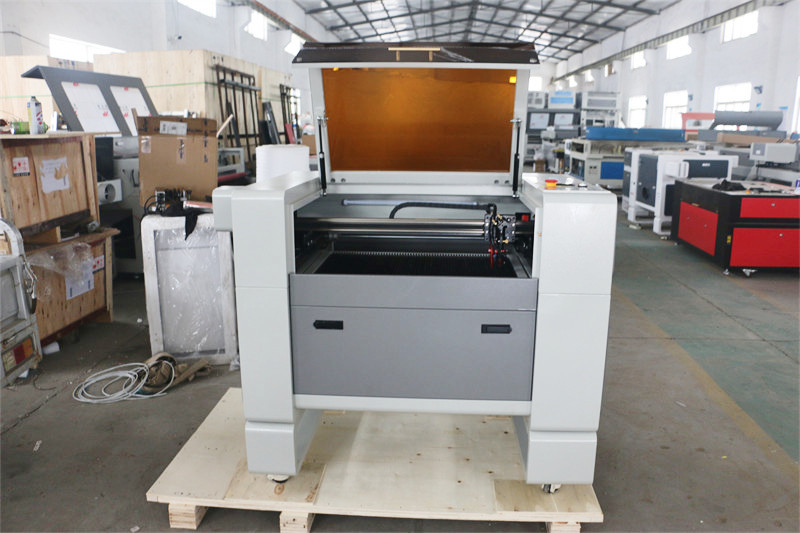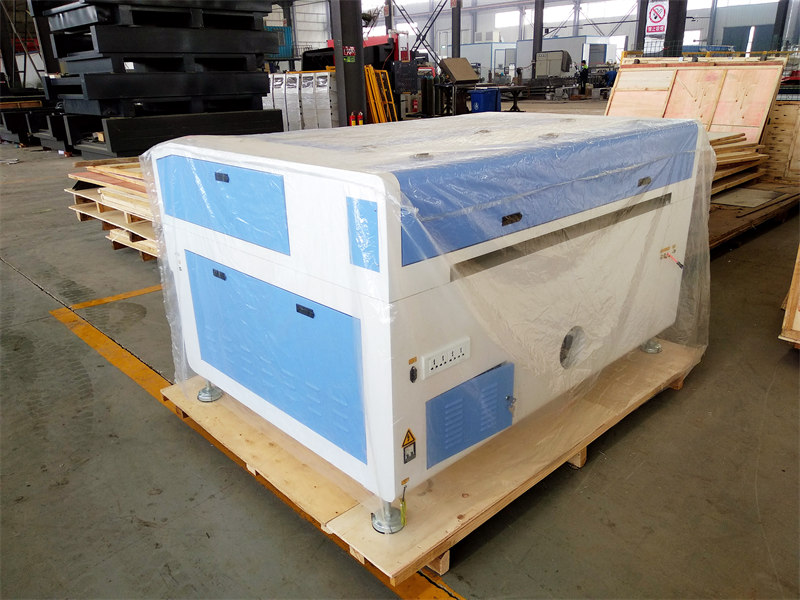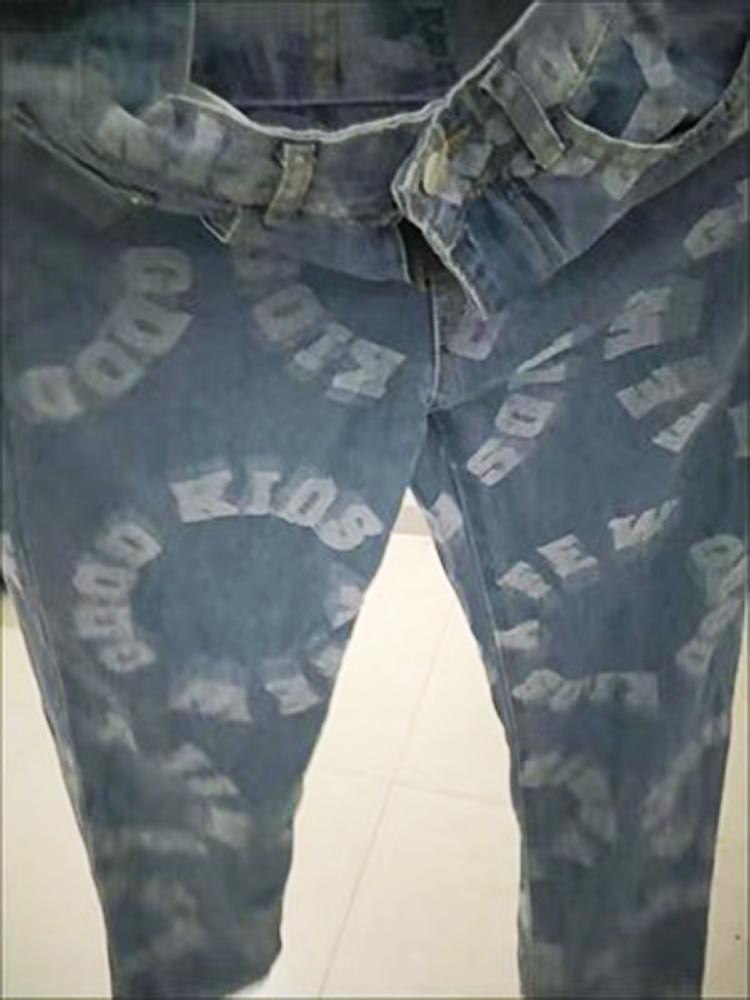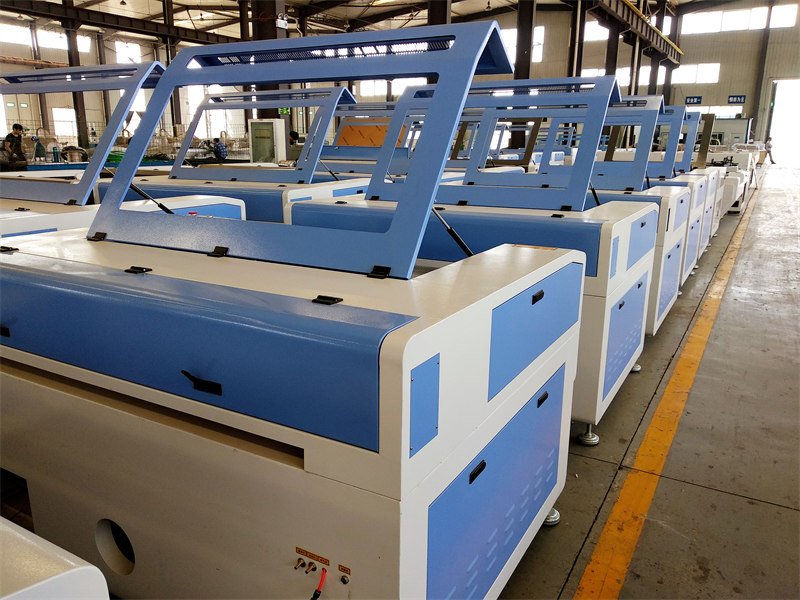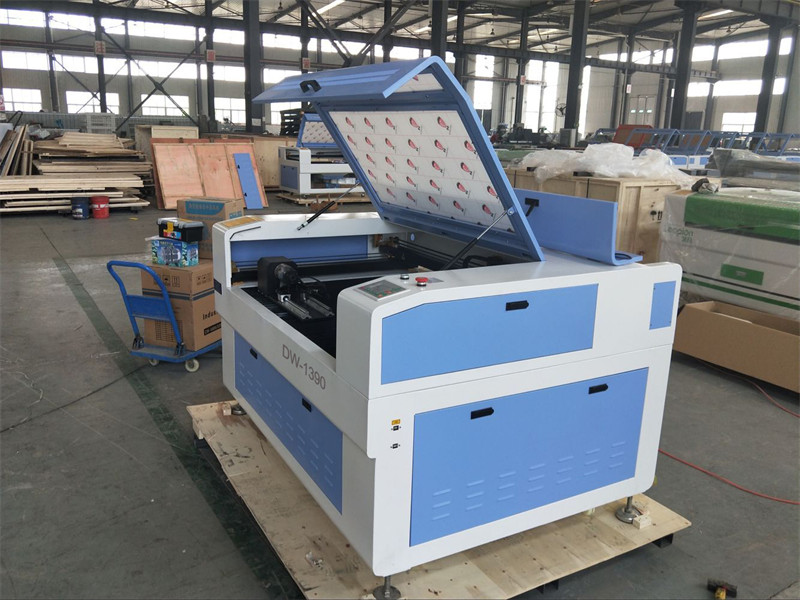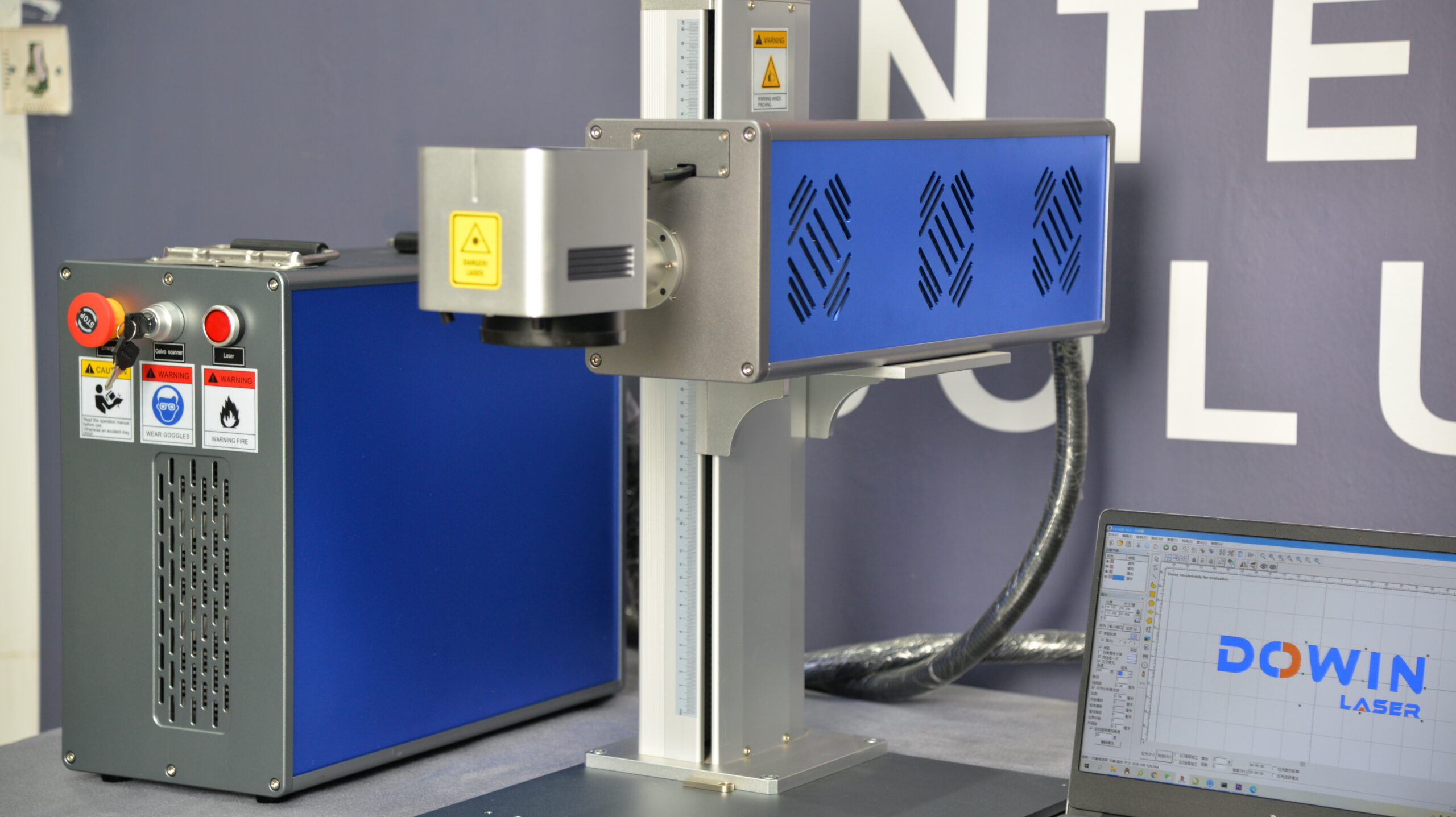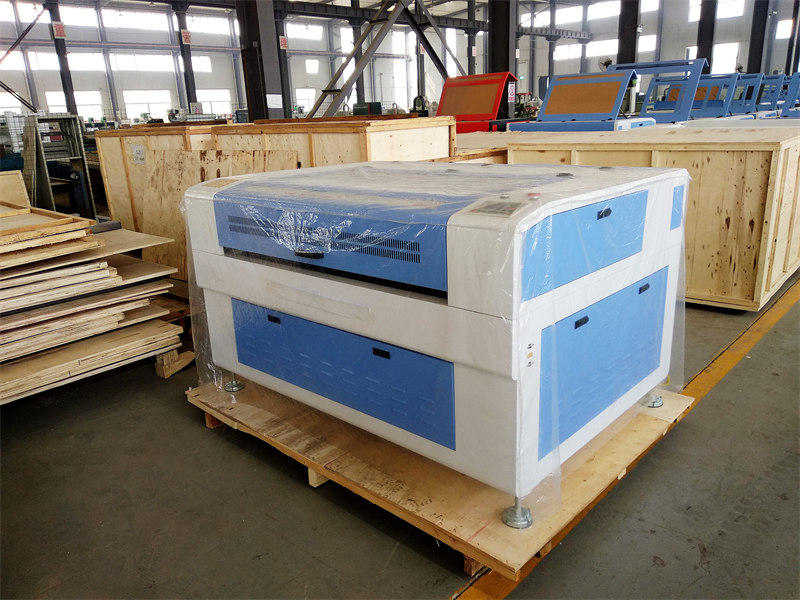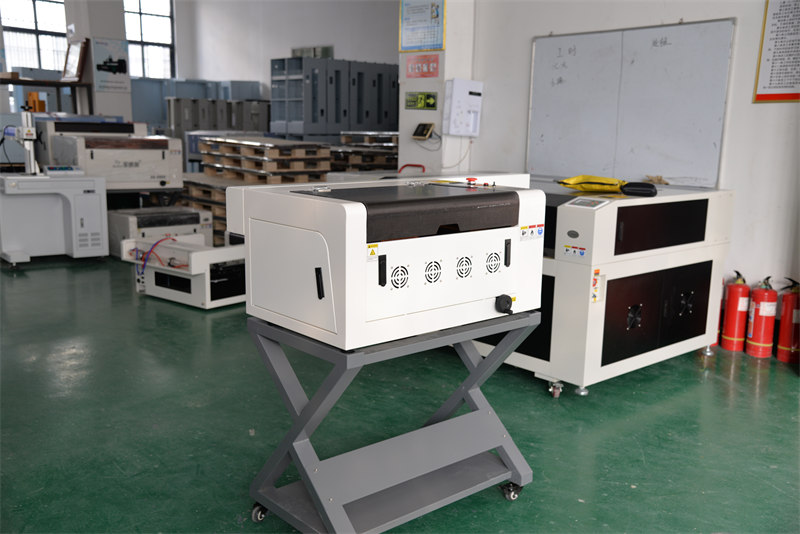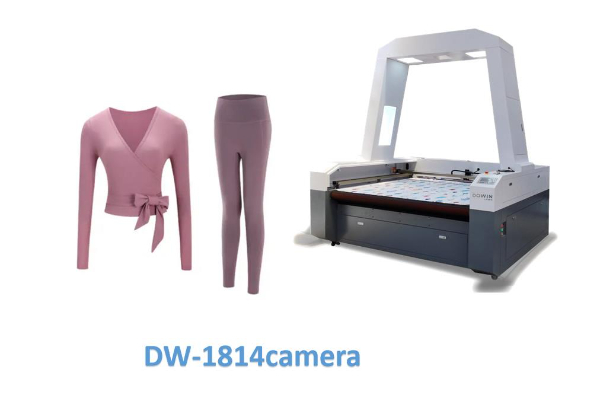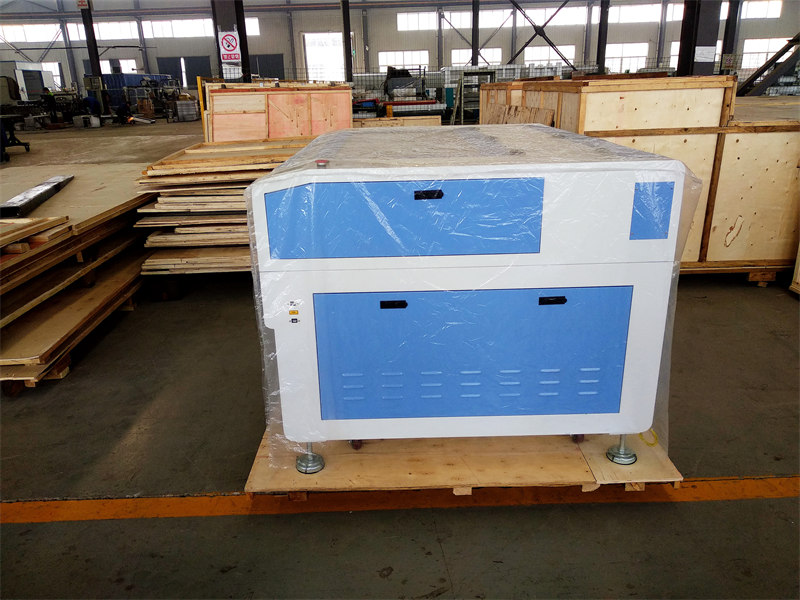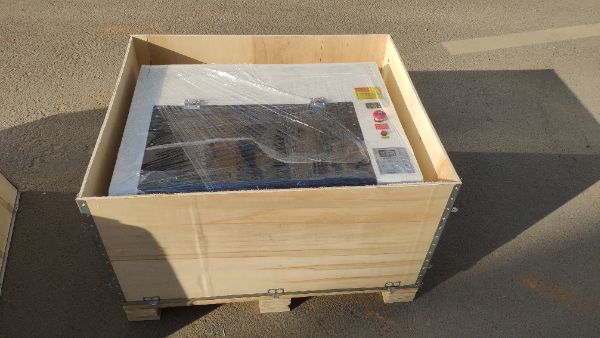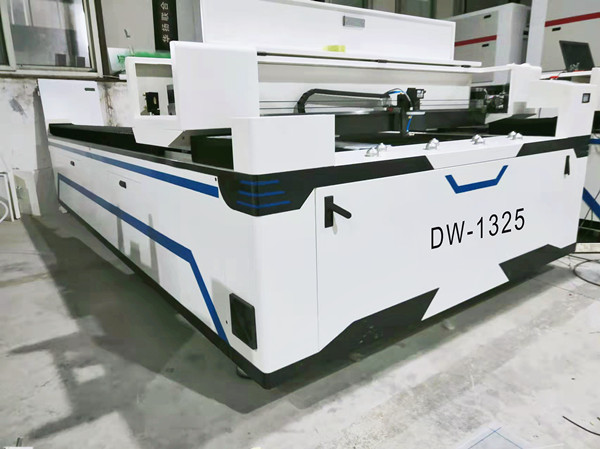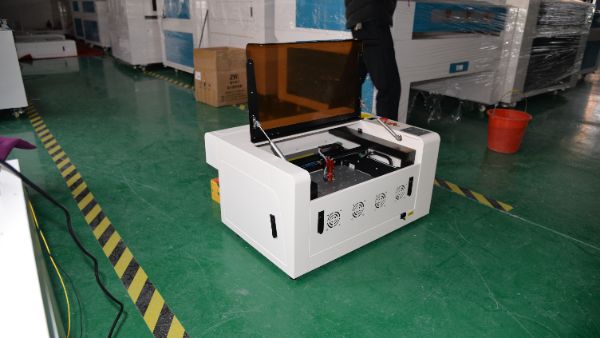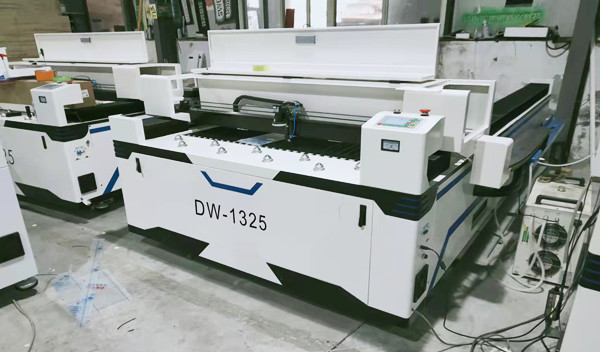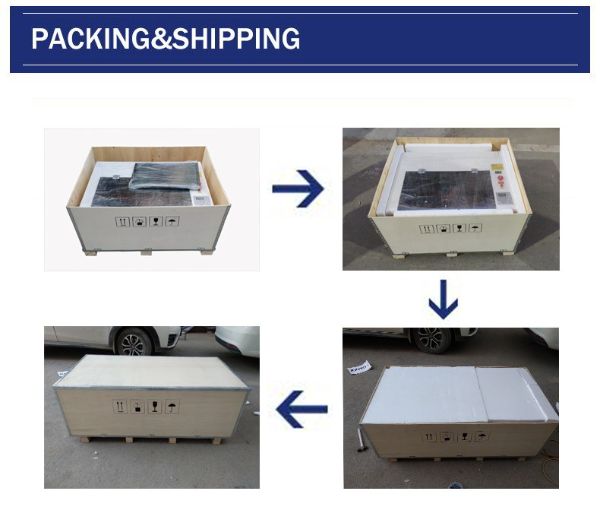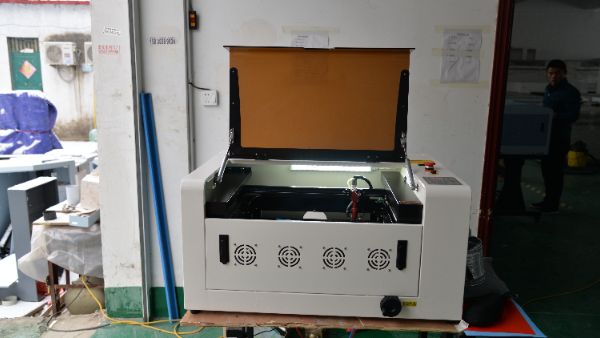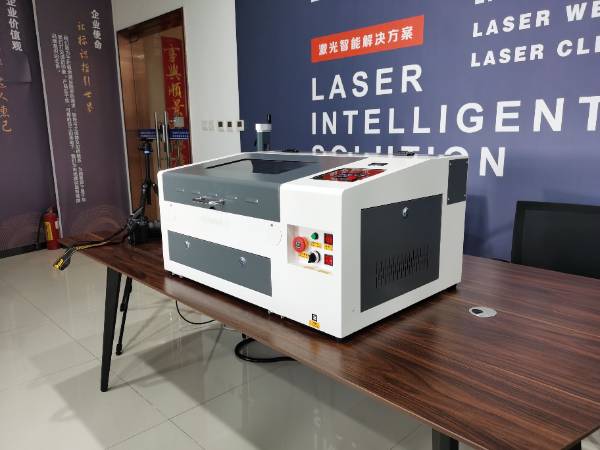The Versatile Workhorse: How CO2 Laser Marking Machines Revolutionize Non-Metal Engraving
In the world of laser marking, different materials demand different tools. While fiber lasers dominate metal engraving, there is one technology that has long been the undisputed champion for non-metallic materials: the CO2 laser marking machine. From the personalized wooden gift you cherish to the expiration date on your plastic water bottle, CO2 lasers are the versatile, efficient force behind countless permanent marks we see every day.
The Need for Versatility: Marking Beyond Metal
The industrial and creative markets are filled with products that aren’t made of metal. Wood, acrylic, leather, glass, plastic, fabric, paper, and even stone require a precise, permanent, and high-speed marking method. Traditional printing (like inkjet) can rub off. Mechanical engraving can be too slow, lack detail, or damage delicate materials. The industry needs a solution that is:
-
Material Versatile: Capable of cleanly processing a vast array of organic and synthetic non-metals.
-
Highly Efficient: Fast enough for high-volume production lines.
-
Exceptionally Precise: Able to produce fine details, small text, and complex graphics.
-
Cost-Effective: Offering low operational costs and minimal maintenance for long-term reliability.
Why the CO2 Laser is the Ideal Choice for Non-Metals
The CO2 laser marking machine generates a laser beam with a long wavelength (typically 10.6 micrometers) inside a gas-filled (carbon dioxide) tube. This specific wavelength is readily absorbed by most non-metallic materials and organic compounds, making it exceptionally efficient for these applications. Here’s how it stands out:
-
The Absorption Advantage: The 10.6μm wavelength is a perfect match for the molecular structure of materials like wood, acrylic, leather, and many plastics. These materials absorb the energy intensely and instantly, leading to efficient vaporization (engraving) or a color change (foaming/annealing) on the surface.
-
Superb Surface Engraving & Cutting: CO2 lasers excel at creating deep, tactile engravings with excellent contrast. On materials like wood and acrylic, they produce a classic, carved look. On plastics like ABS, they can create a dark, foamed mark against a lighter background. Their power also allows them to easily cut through thinner sheets of these materials.
-
High-Speed Marking: The interaction between the CO2 laser beam and non-metallic materials is extremely fast. This makes it the go-to technology for high-throughput production environments, such as marking expiration dates on food packaging, serial numbers on electronic components, or barcodes on cardboard boxes.
-
Smooth, Clean Finishes: The engraving process results in a clean, polished finish on many plastics and acrylics. This is crucial for consumer goods, awards, and signage where aesthetics are paramount. There is no tooling contact, so there is no mechanical stress on the workpiece.
-
Low Operational Cost & Proven Reliability: CO2 laser technology is mature and robust. While the source may have a finite lifespan, the overall cost of operation remains low due to the lack of consumables like inks or dyes. This reliability has made it a trusted workhorse in industries worldwide for decades.
Driving Innovation Across Industries
The versatility of CO2 laser marking machines has made them indispensable across countless sectors:
-
Food & Beverage Packaging: Permanently marking expiration dates, batch codes, and logos on plastic bottles, Tetra Paks, and glass jars.
-
Electronics: Engraving serial numbers, component labels, and QR codes on plastic housings and circuit boards.
-
Medical Device Manufacturing: Creating permanent, biocompatible marks on plastic medical tools and packaging for traceability and safety.
-
Promotional & Gift Industry: Personalizing wooden pens, acrylic awards, leather notebooks, and fabric items with intricate designs.
-
Architectural & Signage: Precisely cutting and engraving acrylic for signs, and etching designs into wood or stone panels.
The Future is Clear and Marked
As demand for product traceability, customization, and sustainable (ink-free) manufacturing grows, the role of the CO2 laser continues to evolve. Its ability to work with new, eco-friendly biodegradable plastics and composites ensures its relevance in a green economy.
Find Your Versatile Marking Solution
Whether you are etching a piece of art or running a 24/7 production line, the CO2 laser marker offers the proven performance, material flexibility, and cost-effectiveness you need.
Embrace the technology that defines non-metal marking. Unlock new levels of efficiency and creativity for your business.
Ready to see what a CO2 laser can do for your specific application?
Contact us today for a expert consultation and material test processing!

